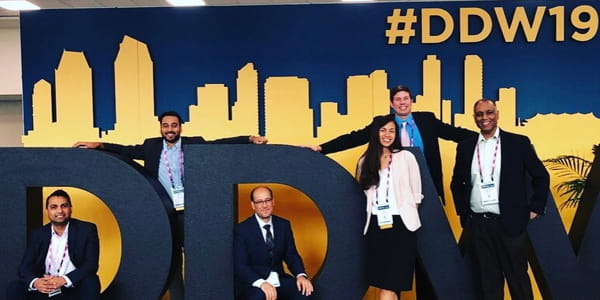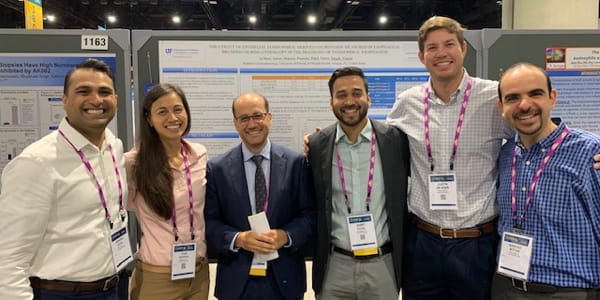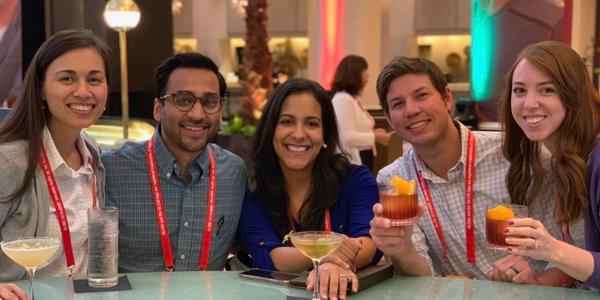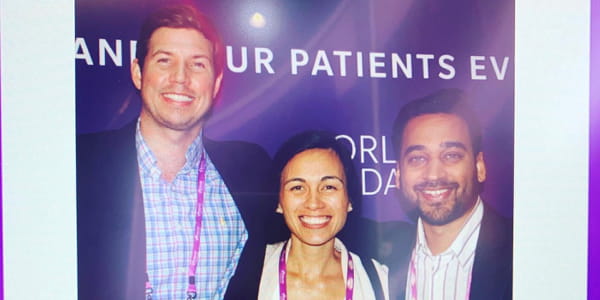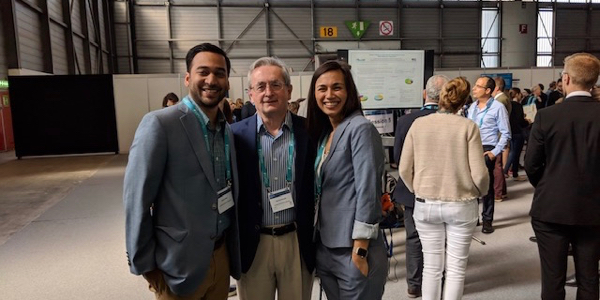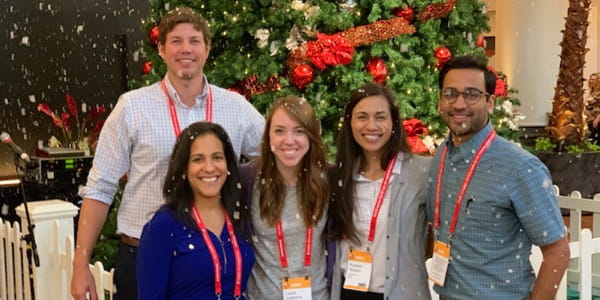Scholarly Activity
To complete the ACGME requirement, fellows must complete a meaningful scholarly activity before graduation. Fellows are encouraged to create their own main research project as their scholarly activity, but also have smaller projects to allow for more chances of publications. There is also the opportunity to pursue other activities, such as quality improvement projects, teaching and presenting at conferences.
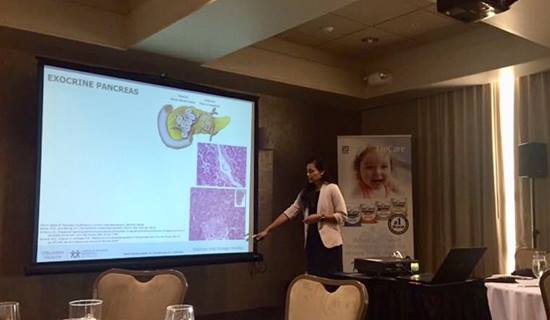 Research
Research
Fellows are required to pursue research, present their findings at national and local conferences and publish manuscripts. Fellows will meet with the Scholarly Oversight Committee during their first year and develop their main research project. The committee will help guide them through the process. We also have two dedicated clinical research assistants in the division who help with all research and assist in guidance. Our fellows have been published in the Journal of Pediatric Gastroenterology and Nutrition, Disease of the Esophagus, and Gastroenterology. Our faculty has been published in the above journals as well as the Journal of Clinical Gastroenterology, the American Journal of Gastroenterology, Journal of Otolaryngology-Head & Neck Surgery, Clinical Pediatrics, The Journal of Pediatrics, Pancreas, and Nature.
Faculty and fellows are also involved in clinical trials.
Quality Improvement
Fellows are also required to be involved in one quality improvement project a year. This is typically a joint effort among all fellows. The QI project is presented yearly at the Orlando Health Quality Retreat and can also be presented at other conferences. Opportunities also exist in leveraging data from the several national improvement collaboratives we participate in.
Recent projects have included improving no-show rates in our endoscopy suites, reflex direct bilirubin levels in the NICU for early detection of biliary atresia, Rapid Response in Esophageal Button Batteries and iron dextran versus iron sucrose infusion in TPN patients to decrease hospital costs.
Teaching
Our fellowship program works closely with the general pediatric residency program, and it is the job of the fellows to teach residents rotating through their gastroenterology and subspecialty months. There is always one pediatric resident working with the inpatient team and usually one resident working in the outpatient clinics. Medical students, including both pediatric and adult GI medical students, rotate with our fellowship program at various points throughout the year. This allows for ample teaching opportunities for the fellows. There are also opportunities to present lectures, grand rounds and journal clubs to the residents.
Conferences
Fellows are encouraged to attend and present at local and national conferences. There is CME funding available to those who present at any conference as well as scholarship opportunities available. Recent fellow research projects have been presented at the North American Society of Pediatric Gastroenterology Hepatology and Nutrition (NASPGHAN) Annual Conference, European Society of Pediatric Gastroenterology Hepatology and Nutrition (ESPGHAN) Annual Conference, World Congress of Pediatric Gastroenterology Hepatology and Nutrition (WCPGHAN), and Digestive Diseases Week (DDW).

